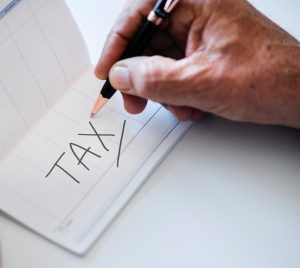California marijuana businesses had been hoping to see the onerous tax provisions of the 280E tax resolved once and for all with a review and definitive ruling from the U.S. Supreme Court. Unfortunately for marijuana companies, the nation’s high court declined to review the petition filed by a medical marijuana dispensary in Colorado against the Internal Revenue Service(which would have extended to California dispensaries as well). 
In its petition to the court, the cannabis firm argued that a specific part of federal tax code – Section 280E – doesn’t give the IRS authority to investigate and/or rule a marijuana business in violation of criminal federal statutes.
As our Los Angeles cannabis business lawyers can explain, marijuana is classified as a Schedule I narcotic per the U.S. Controlled Substances Act.
The IRS contends that this provision means it cannot allow any tax credit or deduction for any expense incurred or paid in carrying out business that conflicts with or is in violation of federal criminal law – including trafficking in controlled substances – which is what it contends marijuana dispensaries are doing. Continue reading
 Cannabis Law Group's Medical Marijuana Legal Blog
Cannabis Law Group's Medical Marijuana Legal Blog













